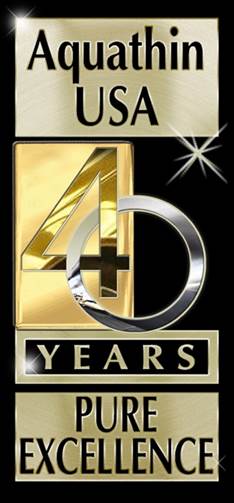Canada may declare rock salt a toxin.
TORONTO — Canada is considering listing rock salt, a polluter of water systems via stormwater runoff, as an environmentally toxic substance.
John Steele, a spokesman for the Ministry of the Environment, confirmed that government officials in Ottawa have proposed listing
road salt as an environmentally toxic substance and that a period of public consultation on the issue is underway.
"There's no doubt we get significant levels of chloride that can run off during winter months when a lot of road salt is being used by
municipalities," he said. "It makes some sense that we reduce the amount of salt that we use because of its effects on the environment."
After years of study, it was determined that when rock salt is applied in sufficient concentrations, it poses a risk to water systems,
according to Xynyth, a Vancouver-based company that distributes what it claims is an environmentally friendly ice-melter.
Road salt is used to melt snow and ice in the winter. Rock salt, or sodium chloride, has been used for years due to its availability and affordability.
Rock salt seeps into waterways through direct runoff into surface water or by moving through the soil underground. Chloride ions
from rock salts eventually find their way into water, affecting the drinking water for humans and the life support systems for fish and other plant life.
Many major cities' river systems, like Toronto, are being ruined by the high levels of rock salt found in water, the company said.
Recent rock salt tests conducted in Toronto revealed that the level of salt concentration was 140 times the limit set by provincial,
water-quality standards, according to the company. Steele doubts the level of road salt concentration was that high but admits that using too much
road salt during snowy winters can pollute water systems through stormwater runoff in spring. "We certainly do see an increase in chloride levels in some of the
rivers and streams in the Toronto area during spring runoff, but it depends on the year," he said. "There's no doubt there can be aquatic affects if chloride levels go high."
Toronto has had only one major snowstorm this winter, which should mean lower road salt runoff levels this spring, Steele said.
Industries and municipalities also are encouraged to use environmentally friendly alternatives to road salt.
FOR THE BEST TASTE IN LIFE
Think Aquathin...AquathinK!!
Edited from Tech Bank 2/13/02


